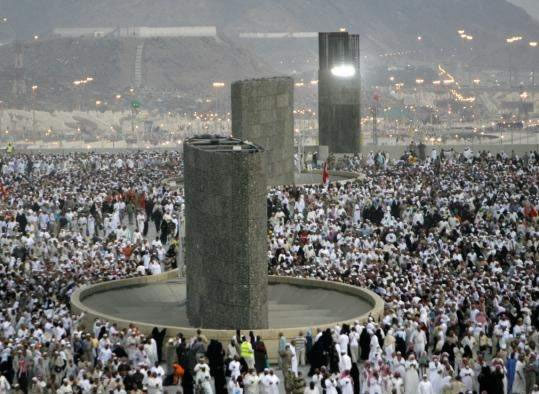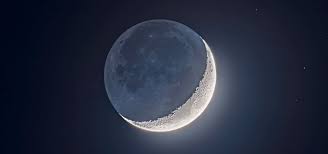Hajj Pilgrims ‘stone The Devil’ As Muslims Mark Eid Al-adha

Pilgrims performed on Sunday the last major ritual of the hajj, the “stoning of the devil”, in western Saudi Arabia, as Muslims the world over celebrated the Eid al-Adha holiday.
Beginning at dawn, the 1.8 million Muslims undertaking the pilgrimage this year threw seven stones at each of three concrete walls symbolising the devil in the Mina valley, located outside Mecca, the holiest city in Islam.
The ritual commemorates Abraham’s stoning of the devil at the three spots where it is said Satan tried to dissuade him from obeying God’s order to sacrifice his son.
The stoning ritual has been witness to multiple stampedes over the years, most recently in 2015 when up to 2,300 worshippers were killed in the worst hajj disaster.
The site has been revamped since then to streamline the movement of the large crowds.
Roads leading to the concrete walls were nevertheless packed early Sunday, with some pilgrims visibly struggling under the morning sun.
Some sat on the side of the road to rest and drink water, while others stretched out on the ground, apparently exhausted.
On Saturday, temperatures reached 46 degrees Celsius (114.8 degrees Fahrenheit) in Arafat, where pilgrims performed hours of outdoor prayers.
One treatment centre in the area recorded 225 cases of heat stress and fatigue, the official Saudi Press Agency reported.
That figure was not comprehensive. Last year more than 10,000 cases of heat-related illnesses were documented during the hajj, 10 per cent of which were heat stroke, a health ministry spokesman told AFP.
“It was very, very hot,” Rohy Daiseca, a 60-year-old Gambian living in the United States, told AFP on Saturday night as pilgrims collected stones to throw.
“Alhamdulillah (praise be to God), I put a lot of water on my head and it was OK.”
Worshippers have tried to take the gruelling conditions in stride, seizing what for many is a once-in-a-lifetime chance to pray at Islam’s holiest shrines.
“I am so happy that I can’t describe my feelings,” said Amal Mahrouss, a 55-year-old woman from Egypt.
“This place shows us that we are all equal, that there are no differences between Muslims around the world.”
One of the five pillars of Islam, the hajj must be performed at least once by all Muslims with the means.
This year’s figure of 1.8 million pilgrims is similar to last year’s, and Saudi authorities said on Saturday that 1.6 million of them came from abroad.






